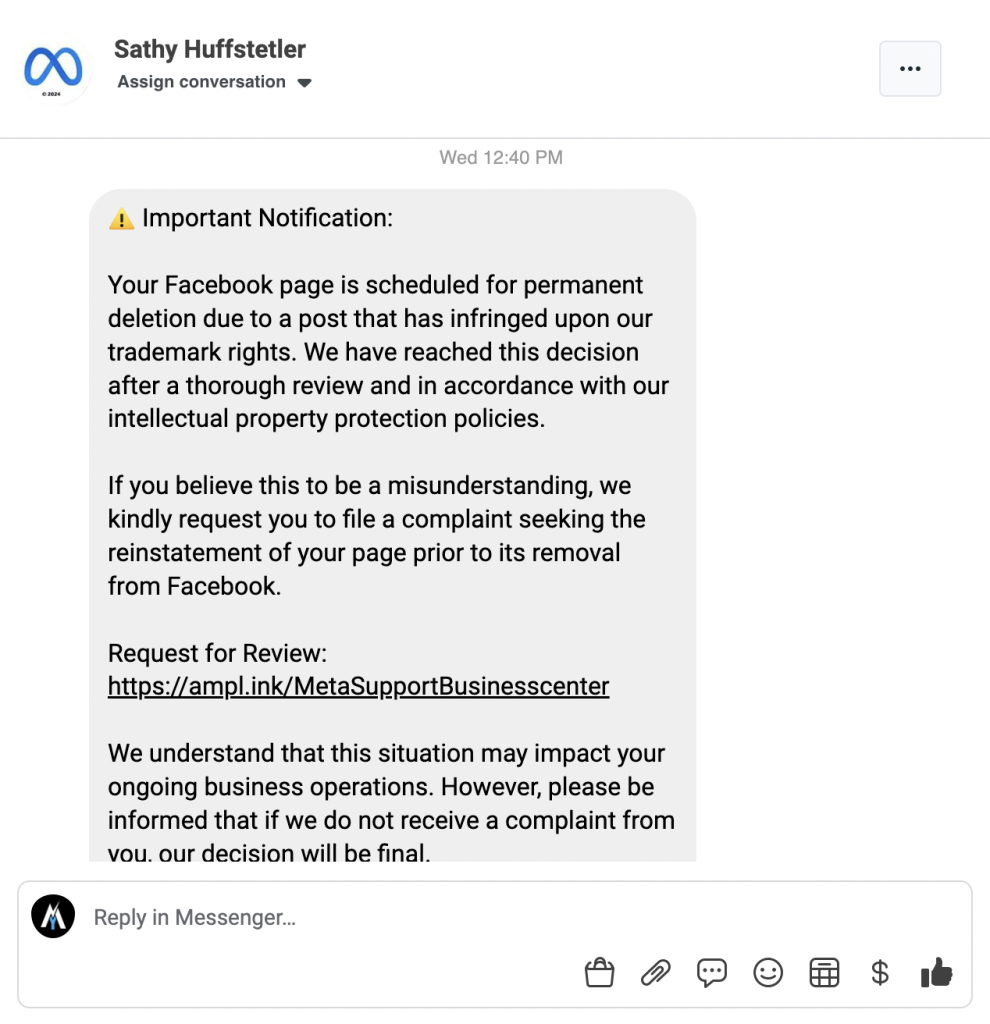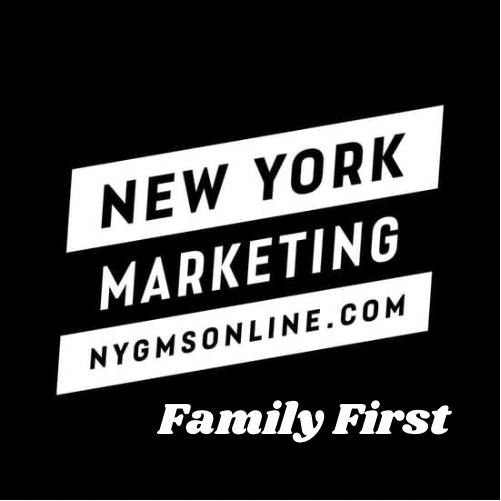Scams are nothing new on the internet, and unfortunately, social media platforms like Facebook are not immune to them. Over the years, many users have fallen victim to various types of scams on Facebook, ranging from fake lotteries to phishing schemes. However, in recent times, there has been a rise in Facebook scams that specifically target users through messages and emails.
It’s important to note that running ads on Facebook may potentially increase your exposure to these types of scams. We believe that when you engage in ad campaigns, your increased visibility can attract the attention of these fraudsters.
These scams often come from fake accounts that pose as legitimate individuals or organizations, making it difficult for users to distinguish between what is real and what is not. The ultimate goal of these scams is to get access to your Facebook account login information so that the scammers can take over your profile and steal even more personal information.
So, how can you protect yourself from falling victim to these Facebook scams?
The first step is to always be aware and cautious when receiving messages or emails from unknown sources. Be skeptical of any request for your login information, as legitimate organizations will never ask for this type of information through Facebook or email.
If you ever receive a message or email that seems suspicious, do NOT click on any links or provide any personal information. Instead, take a moment to verify the authenticity of the sender. One way to do this is to reach out to the individual or organization through a different means of communication, such as a phone call or official website.
Additionally, there is a safer way to check the status of your Facebook page if you ever have concerns. Instead of clicking on any links sent through messages or emails, simply go directly to your page and click on “Settings” on the left side. Then, navigate to “New Pages Experience” and click on “Page Status.” This will provide you with accurate information about your page without putting your account at risk.
It’s also important to regularly review your Facebook privacy settings and ensure that they are set to your desired level of privacy. You can also enable two-factor authentication for added security.




